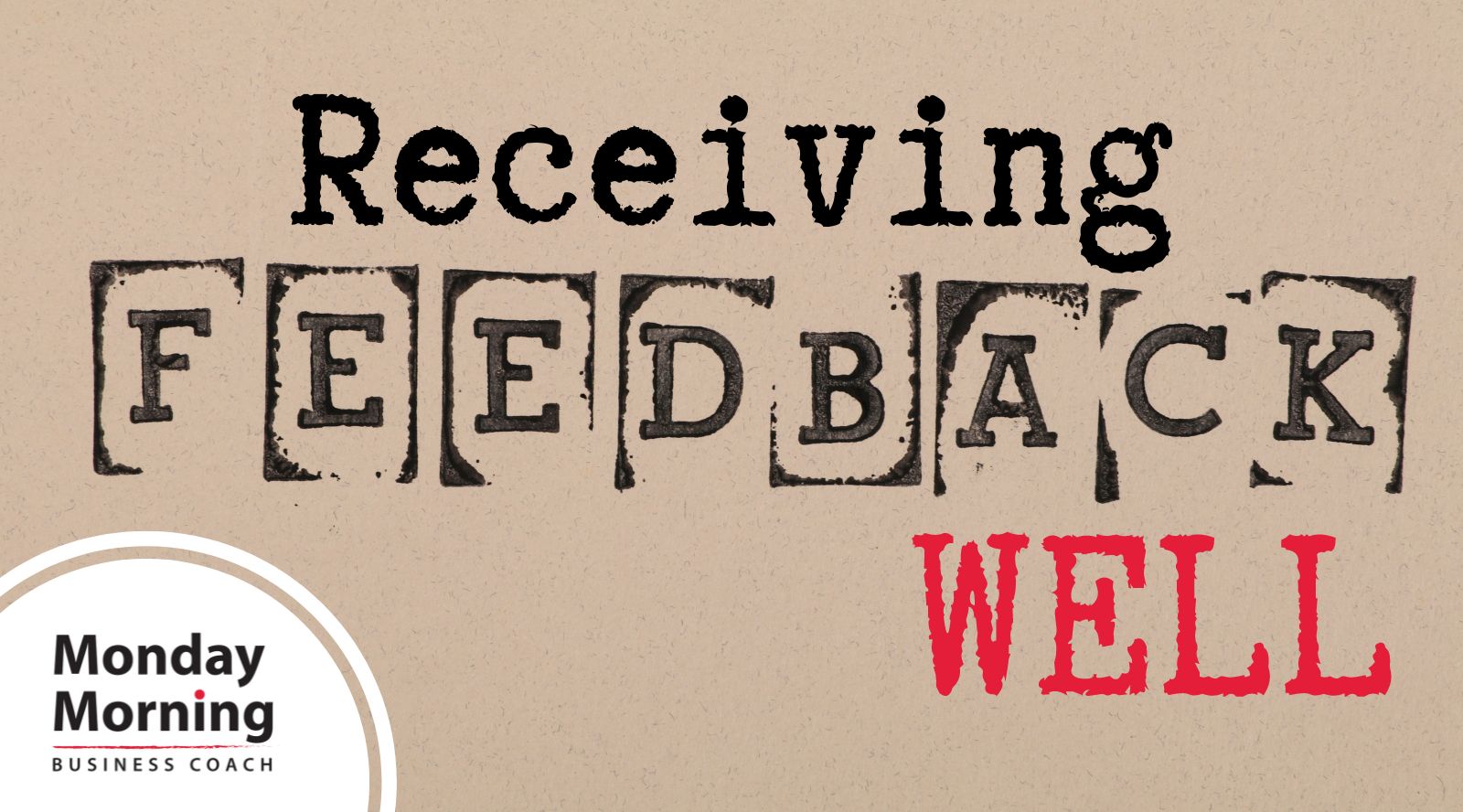We’ve recently been talking about Negativity Bias and how to Retrain Your Brain in order to ruminate less on the negative and focus more on the positive.
After those posts, a client recently asked us, “So, does that mean I should dismiss any negative feedback I get?” Great question!
Over the next couple of weeks, we’re going to talk about how to receive feedback well.
Receiving feedback with grace and curiosity is a powerful skill to master. If you’re truly going to succeed, you need to be able to listen closely and learn from feedback, even if you disagree with it. It’s important to receive feedback in a way that honors who you are, honors the person giving you the feedback, and creates opportunities for growth and movement forward.
Receiving feedback well, takes time and a bit of work on your part. Below are the four stages to receiving feedback that have helped many of our clients:
- Prepare for the feedback meeting. If you’re able, try to plan for the feedback meeting and think about how you want to show up, what reactions you may have, and how you can remember to stay curious and open. Planning ahead and making some scripting notes can be helpful.
- Remain curious during the feedback meeting. Remind yourself of your goals and listen with an open mind. At the end of the meeting, thank them for their feedback, and then schedule a time to follow-up once you’ve had a chance to absorb the information.
- Prepare for the follow-up meeting. Reflect on what you heard, what you agree with, what you don’t agree with, and what you need to understand better. This is your opportunity to grow, don’t let it go to waste – feedback, even when it’s hard, is valuable information.
- Remain curious in the follow-up meeting. The goal for the follow-up meeting is to demonstrate your investment in learning, to take responsibility for your behavior (especially if your impact was misaligned with your intent), and to find the best path forward given the information you received.
Feedback is an opportunity to better understand your interactions with others and to decide if those interactions are as clear as you would like. The more skilled you become at receiving feedback well, the more effective you will be at work and at home.
If you’d like support
in how to manage some difficult feedback,
contact us today.


